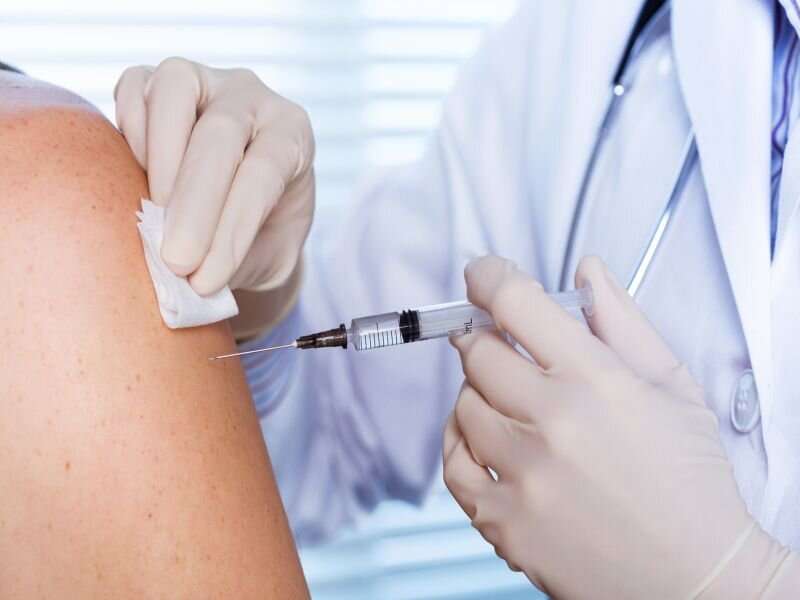
(HealthDay)—Folks who’ve gotten through a COVID-19 infection might naturally question whether they need to get a coronavirus vaccination when their turn comes.
Experts say they really need the shot anyway, because even after having COVID they might be vulnerable to reinfection.
“We’re encouraging people if they meet the other criteria to get immunized because we don’t know how long either natural immunity or vaccine immunity lasts,” said Dr. Chris Beyrer, a professor of public health and human rights at Johns Hopkins Bloomberg School of Public Health in Baltimore.
All previously known coronaviruses are notorious for promoting short-lived immunity in humans, he said.
“Unfortunately, with other coronaviruses typically the immunity you have—like if you get a common cold coronavirus—usually only lasts about a year and a half to two years and then you’re vulnerable again,” Beyrer said.
This is because the body uses a relatively simple strategy to fight off common cold coronaviruses, and this strategy does not appear to make a lasting impression on immune system memory, said Dr. Greg Poland, director of the Vaccine Research Group at the Mayo Clinic in Rochester, Minn.
As such, he said there’s a chance people who had asymptomatic or mild cases of COVID-19 did not build up any lasting immunity.
“Particularly for people who have milder cases, it may be that they don’t have immunity for very long,” Beyrer said. “So we still think it’s a good idea to get immunized.”
Some small studies have raised hopes that COVID does indeed create a lasting impression on our immune systems.
Australian researchers have found stable levels of virus-specific immune memory cells in the blood of COVID-19 patients as much as eight months post-infection, according to findings published in the journal Science Immunology in December. Twenty-five COVID patients were involved in the study, including nine with severe or moderate disease that required hospitalization.
Those memory cells theoretically would help organize a defense against any future COVID infections, said Dr. William Schaffner, a professor of infectious disease at Vanderbilt Medical Center in Nashville, Tenn.
“Because of the biology of the persistence of these memory cells, it anticipates that we will have rather durable immunity,” Schaffner said. “It can’t tell us for exactly how long, but it does conform with the observation that documented second infections have been to this point really quite rare.”
Until we know more, however, health experts are urging folks who have had COVID to take the cautious approach and get the vaccine.
“We know it’s safe because a number of people who had COVID were in both the Pfizer and Moderna trials, and in the AstraZeneca trial,” Beyrer said. “There isn’t a concern on that front.”
Source: Read Full Article
